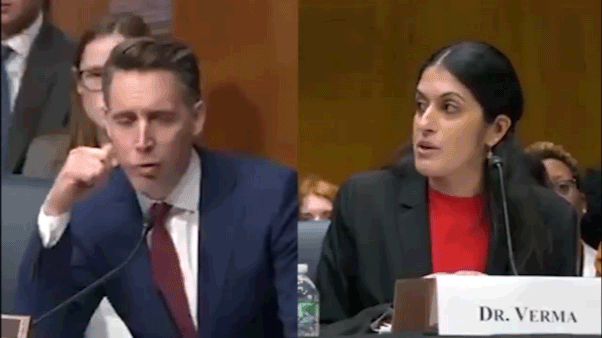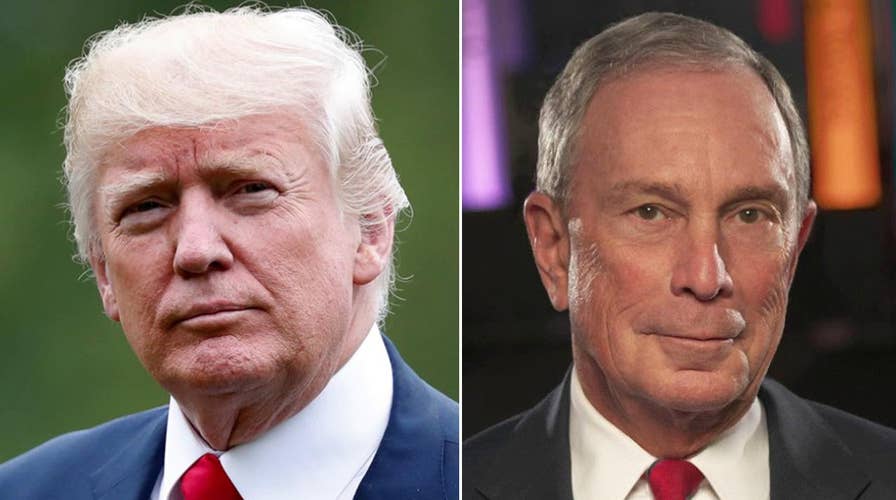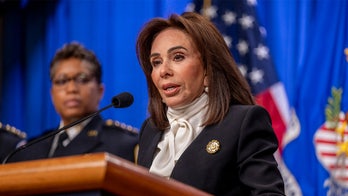Bloomberg runs Trump impeachment ads in 27 states including districts with vulnerable GOP senators
Bloomberg 2020 campaign senior adviser Tim O'Brien lays out the campaign's strategy as the Senate impeachment trial kicks off.
With the Senate impeachment trial of President Trump dominating political news coverage, Democratic presidential candidate Mike Bloomberg is up this week with a new national TV commercial in which he declares “it’s time for the Senate to act and remove Trump from office.”
“In 2016, I warned that Donald Trump was a dangerous demagogue,” the former New York City mayor and billionaire business and media mogul says in the ad before vowing that if the senators “won’t do their jobs, this November, you and I will.”
Bloomberg’s presidential campaign says the 30-second spot is running on national cable on CNN and MSNBC, as well as in 27 states across the country. And the campaign touts that among those states are Arizona, Colorado, Maine, Michigan, North Carolina, and Texas, where Republican senators could face competitive re-elections bids.
BLOOMBERG WILLING TO SPEND 'WHATEVER IT TAKES' IN 2020
The ad buy means that to date, Bloomberg has dished out a massive $248 million to run commercials since declaring his candidacy for president in late November, according to the latest data from the ad-tracking firm Advertising Analytics. That’s far ahead of fellow billionaire Tom Steyer. Since launching his White House bid in July, the former hedge fund manager-turned-environmental-and-progressive-advocate has dished out $134 million for ads.
By comparison, no other candidate in the Democratic presidential primary field has topped $30 million in spending.
“Bloomberg’s buy is truly unprecedented. For context, the Clinton campaign in 2016 spent $230 million throughout the course of the entire election, including the general. Bloomberg has spent more than that since November 25th. This cycle, Bloomberg has spent three times more than Sanders, Warren, Buttigieg, and Biden, combined,” Advertising Analytics account manager Ben Taber said.
Since he jumped into the race extremely late, Bloomberg’s skipping Iowa, New Hampshire, Nevada, and South Carolina -- the four early voting states that kick off the nominating calendar in February. Instead, he’s concentrating on the delegate-rich Super Tuesday states that vote on March 3, and beyond.
That means to date, Bloomberg’s TV ads are mostly not in competition with the commercials of his rivals' campaigns that are running in the early-voting states. But in a couple of weeks, as Bloomberg’s rivals turn their attention to the Super Tuesday states, the former New York City mayor’s massive ad buys will begin to present a problem.
“It will definitely present an issue for other campaigns,” Taber pointed out. “He cannot buy up all the inventory, but his massive buys can and are increasing rates. This will make it even more difficult for other candidates to disseminate their messages, as they will be getting fewer airings per dollar spent.”













































